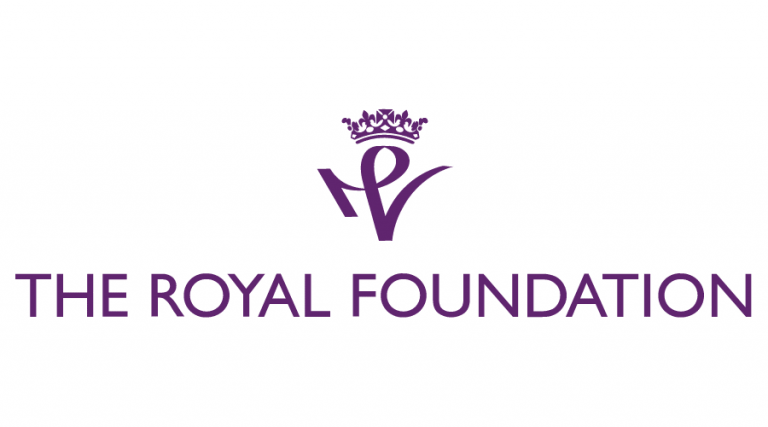UK
The Royal Foundation was founded in 2009, when it was known as The Foundation of Prince William and Prince Harry. However in 2019 Harry departed with his wife to the USA after relations between the two brothers had become tense. So, today, The Royal Foundation is the philanthropic and charitable vehicle for The Duke (Prince William) and Duchess of Cambridge. Its mission is to, according to its website, ‘support a spectrum of activities that bring people, ideas and resources together to understand issues, find solutions and act as a catalyst for long-term impact’.
Besides leading The Royal Foundation, Prince William is also President of United for Wildlife and patron of the Tusk Trust charity
One of The Royal Foundation’s major evolving initiatives is The Earthshot Prize, which will (starting autumn of 2021) reward people on an annual basis, ‘for creating innovative solutions to environmental problems’.
The Royal Foundation opposes illegal trade in wildlife, especially with regards to ivory, rhino horn and pangolin scales.
In 2014, The Duke of Cambridge initiated the United for Wildlife Transport Taskforce, which they founded to stop wildlife trafficking. In October 2018, the Duke of Cambridge and Lord Hague of Richmond, supported by TRAFFIC, drafted the Mansion House Declaration (MHD), which committed its 30 institutional signatories to ‘share information and coordinate actions against illegal wildlife trade’.
What is not widely known is that The Guardian reported in 2016 that Prince William supports trophy hunting ‘as long as the animals are infertile and at the end of their lives’. Explaining his position to ITV News, he said ‘trophy hunting is a justifiable means of conserving species that are under serious threat, so long as the money raised goes back into protection of the species’.
Leaders
Jason Knauf, CEO, a former press secretary of the Duke and Duchess of York.
Governance
The Rt Hon Lord Hague of Richmond, William Hague, Chairman of the Trustees.
Finances
According to its financial statement, its total expenditure in 2019 was £9.3 million, of which £8.2 million was spent on charitable activities.


